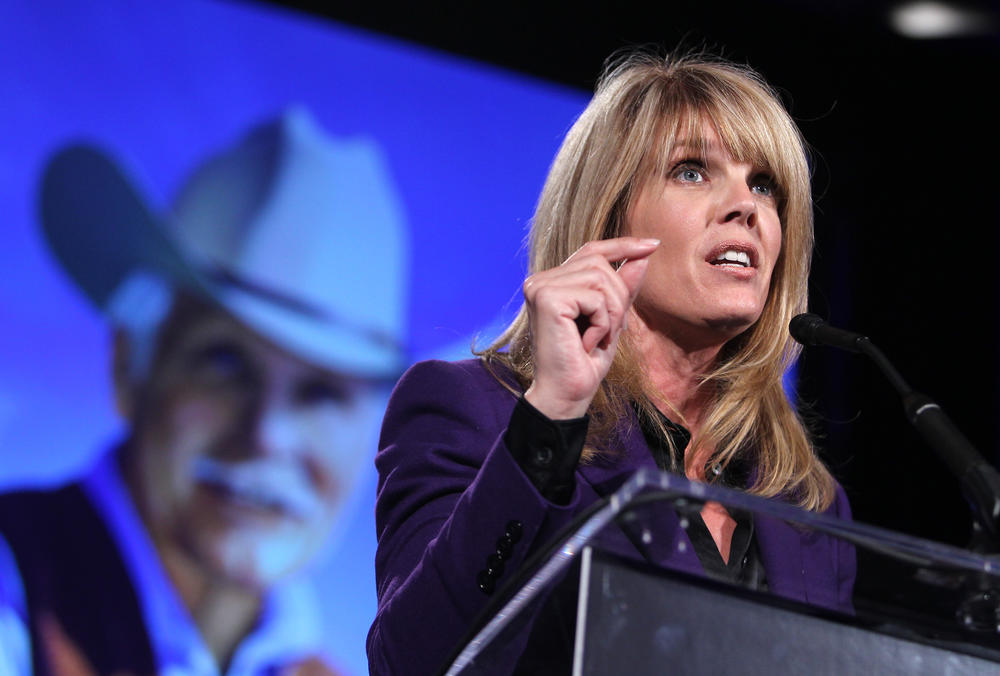Section Branding
Header Content
Rethinking Evangelicals And A Visit With Ted Turner's Daughter
Primary Content
We’ve heard a lot about the Evangelical vote during this presidential primary season. And when it’s referred to, it almost always means white, conservative Christians. But Evangelicals weren’t always defined that way. In fact, during the 1976 presidential race, it was progressive Evangelicals who helped elect Jimmy Carter to the White House. But during his four years in office, and as Ronald Reagan became ascendant, the liberals in the Evangelical movement gave way to conservative Christians who were likely to be anti-abortion, skeptical of the government’s role in helping the poor and needy and fearful that the left was in a war to remove religion from the public square.
Jim Wallis - our first guest on today’s show – argues that the term “Iowa Evangelical” damages the brand, and that the media has failed to recognize that there is, indeed, a liberal Evangelical movement however far under the radar it flies. Wallis is the founder of Sojourner Magazine and of the Washington D.C. based movement that goes by the same name. He’s a pastor and preacher and the author of 12 books that reflect his firm conviction that the Gospel makes it clear Jesus wants Christians to reach out to the poor, to ease their suffering and give them a helping hand.
Wallis came to the Two Way Street studio to discuss his latest book “America’s Original Sin; Racism, White Privilege and the Bridge to a New America,” in which he argues that slavery was quite literally the country’s original sin and that it must be atoned for today. But since he’s written extensively about the role of religion in government, we took the opportunity of his being here to ask his views on how candidates are injecting faith into the current presidential campaign.
You may not agree with all he says – I didn’t. But I do think Wallis offers us a lot to think about as we watch the presidential race unfold.
After we hear from Jim Wallis, we’ll turn to a conversation with Laura Turner Sydel. She is the daughter of media mogul Ted Turner. Laura shares with us some great stories about growing up with her dad, and she admits that in some ways she really is a chip off the old block. But it would be a mistake to invite Laura for a conversation without talking to her about the causes she has embraced with great passion. Like Ted, she’s deeply committed to protecting the environment and is worried about the depletion of our natural resources.
I run into Laura on occasion as we are each out and about in Atlanta. When we talk it doesn’t take long for her to turn the conversation toward the issues that are in the forefront of her mind. As she was leaving the studio at the end of our interview I asked her if she always had such a single-minded focus on the causes she cares about. She didn’t miss a beat: Yes, she said, this is who I am.
Listening to our conversation I think that like me, you’ll be perfectly fine with who Laura Turner Sydel is.
Secondary Content
Bottom Content


